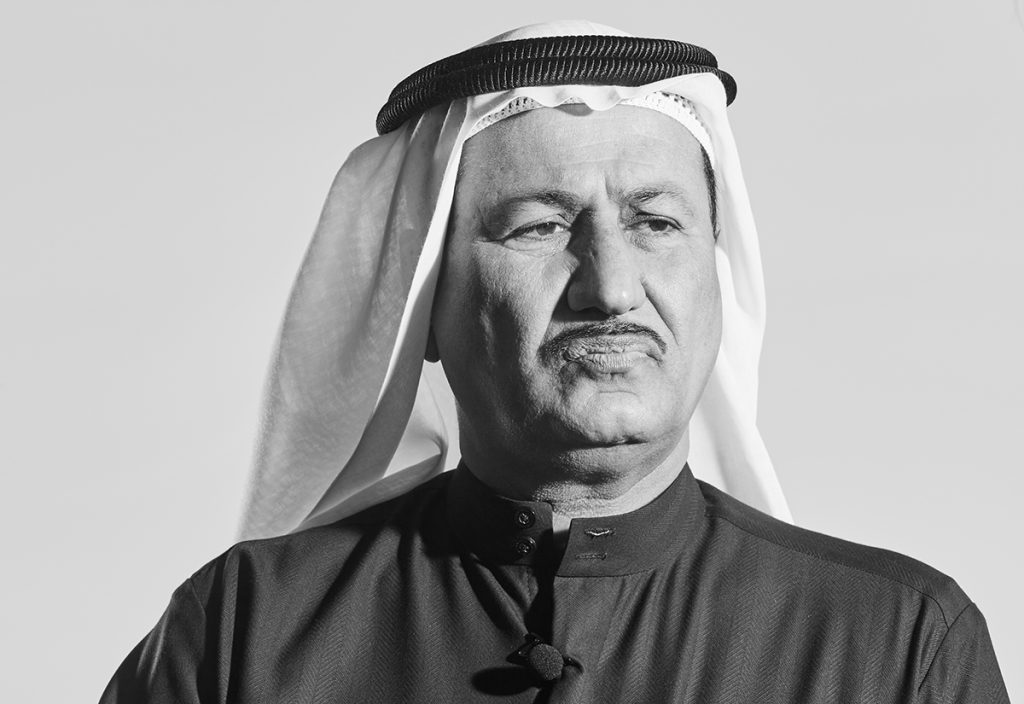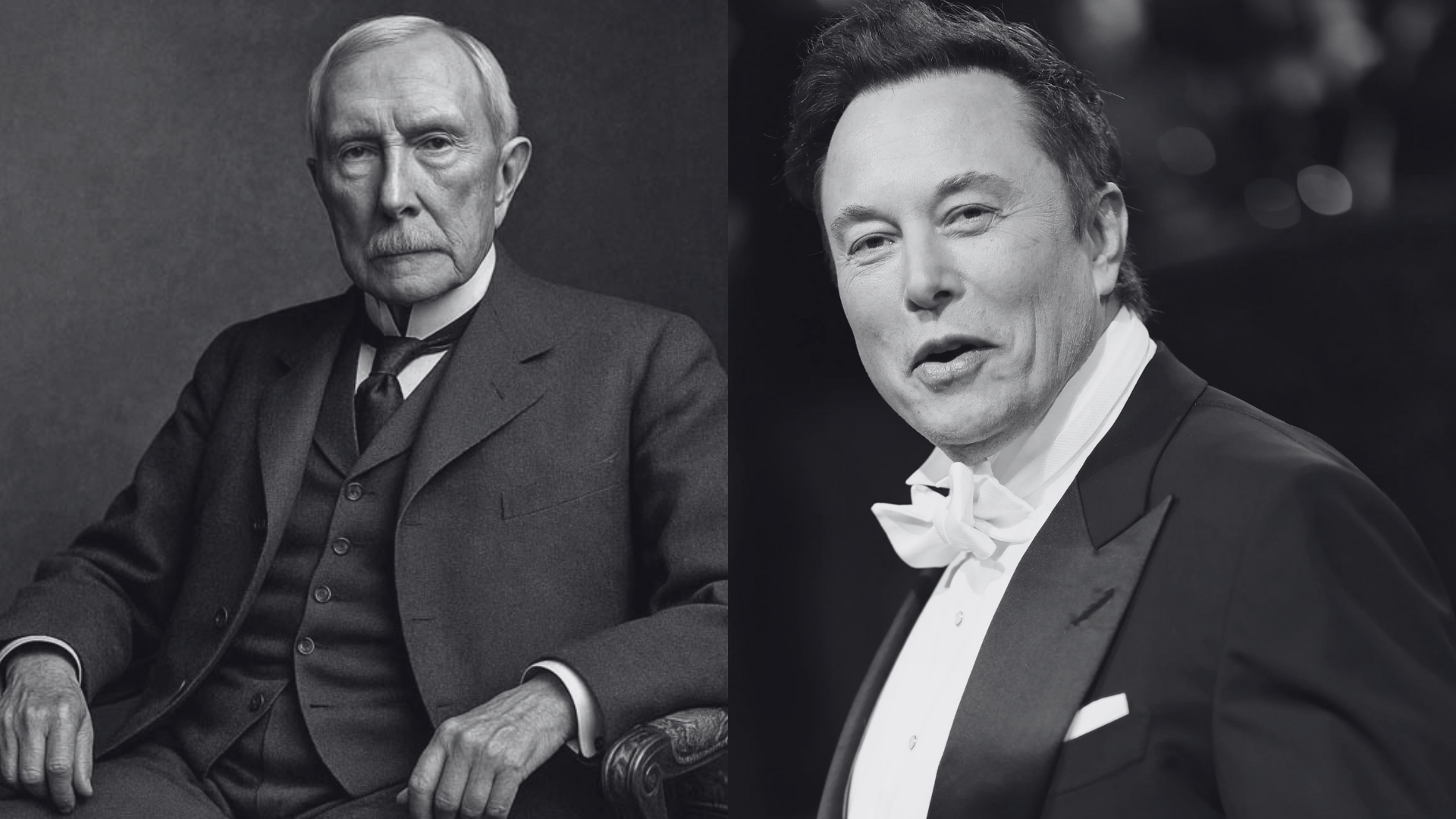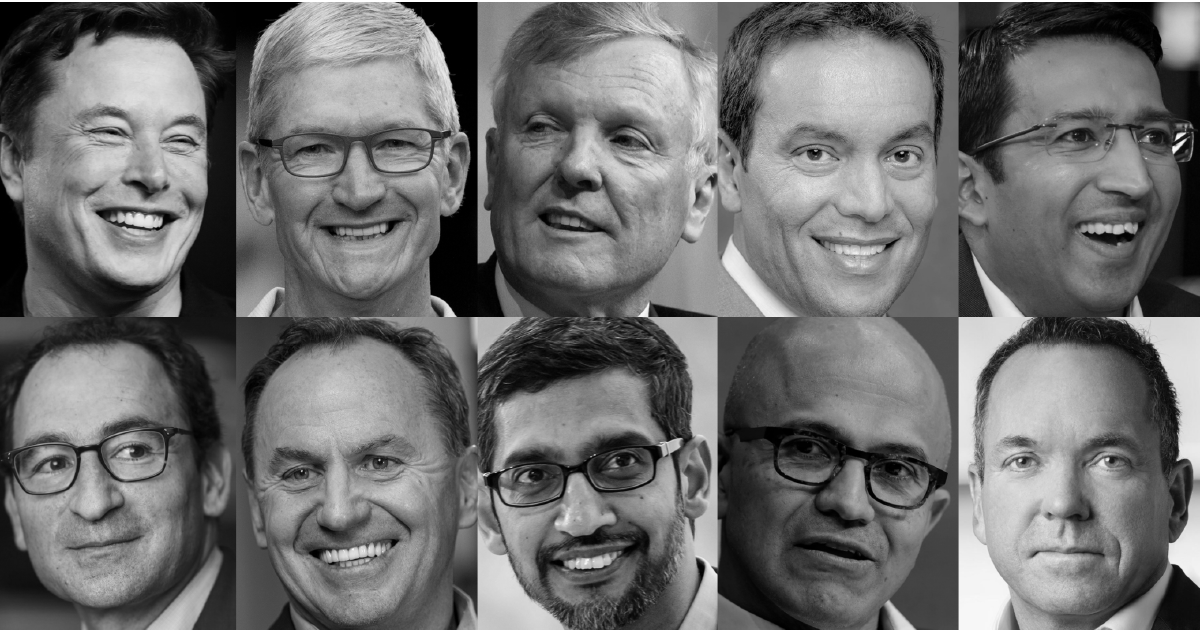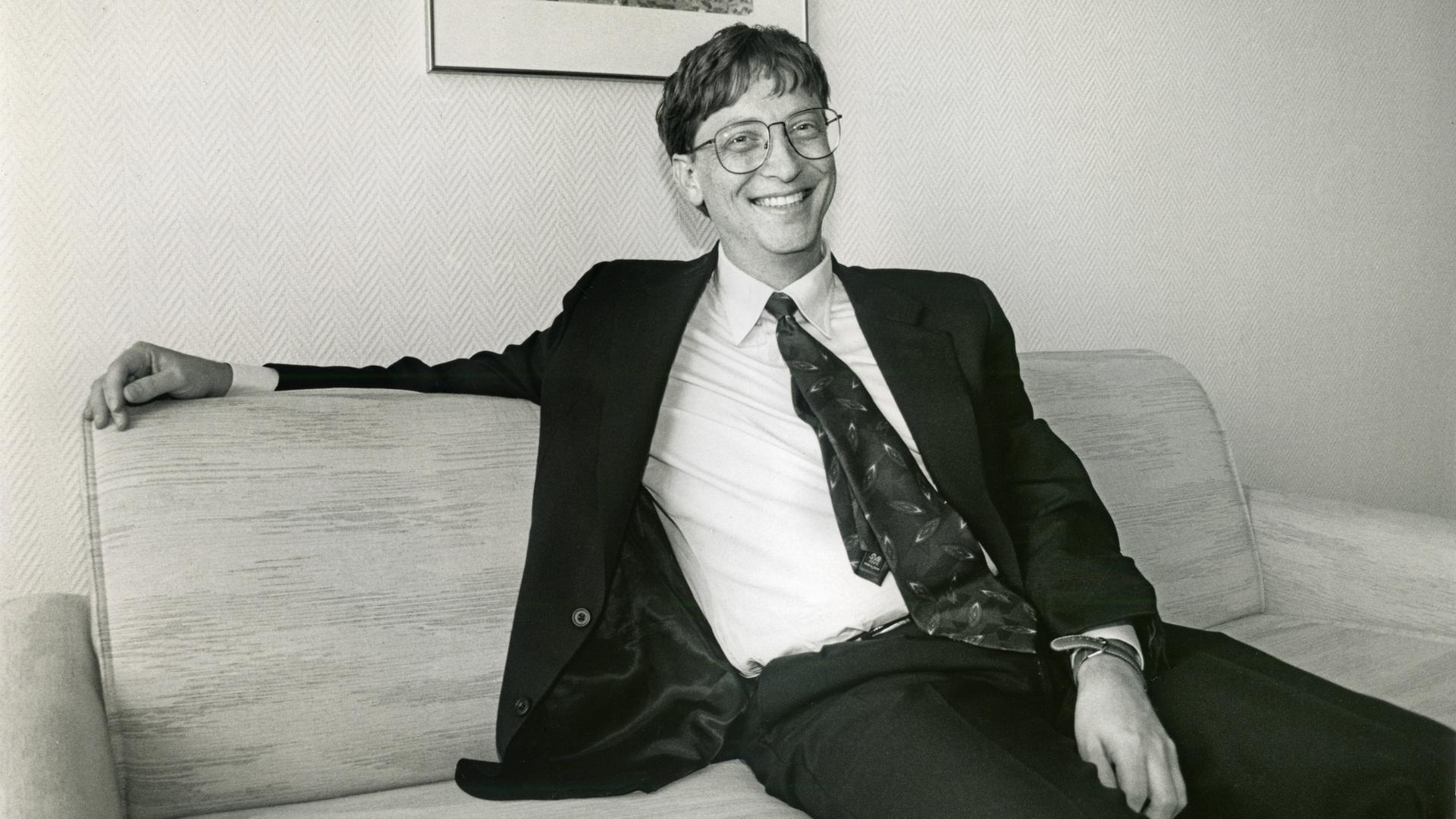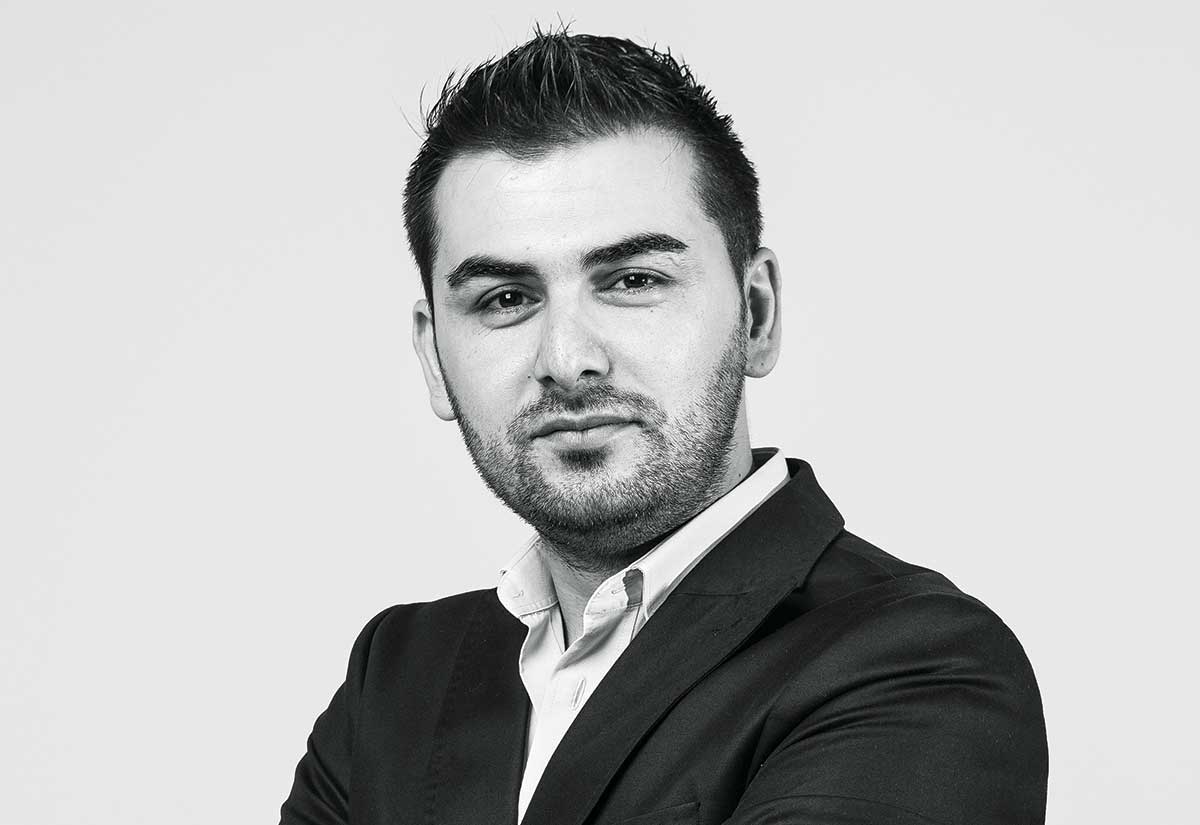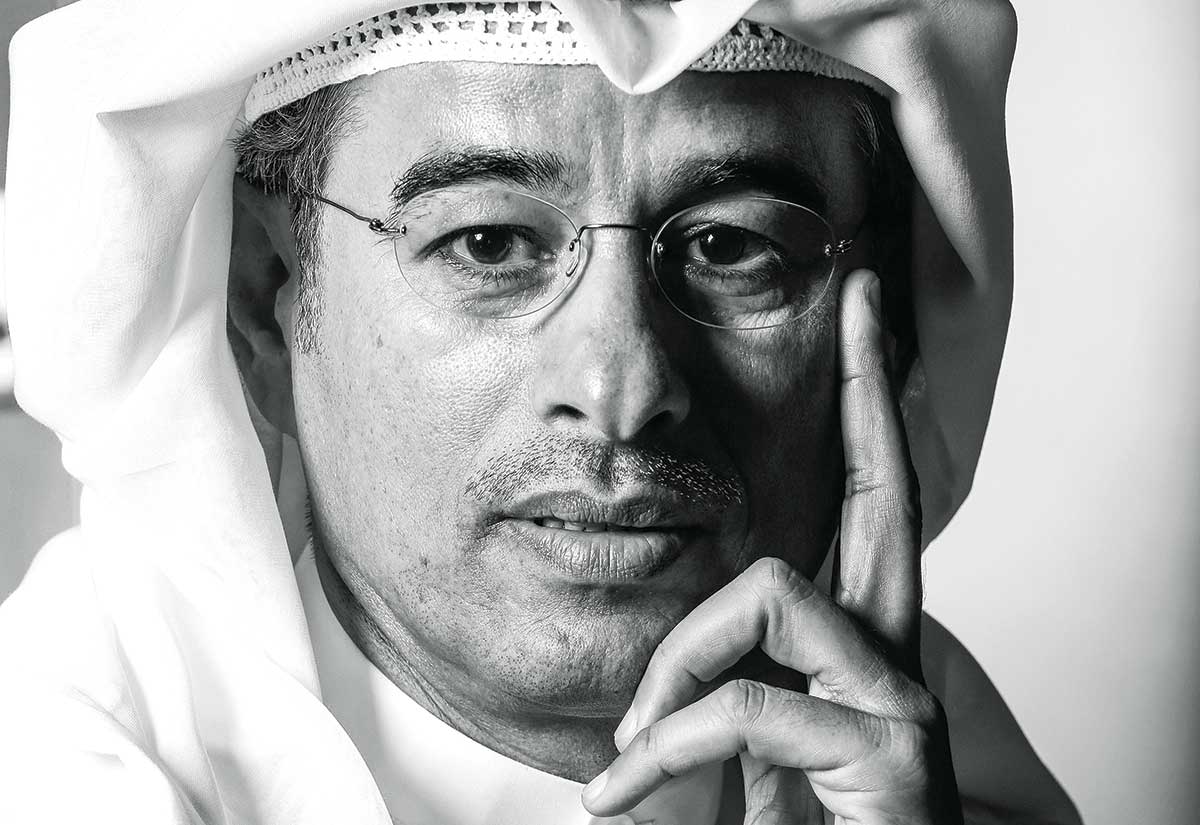Introduction
Few names in Dubai’s real estate history carry the same weight as Hussain Sajwani. While Mohamed Alabbar is often celebrated as the visionary behind Dubai’s skyline icons, Sajwani built his empire on a different foundation. Where Alabbar focused on cultural landmarks like the Burj Khalifa and Dubai Mall, Sajwani positioned himself as the master of luxury living.
As the founder of DAMAC Properties, he created an empire that blended real estate with fashion, hospitality, and international branding. Sajwani turned Dubai into a playground for the wealthy, bringing designer brands into property development and aligning his company with global luxury names like Versace, Cavalli, and Trump.
This article traces Hussain Sajwani’s remarkable journey. From his early life in a conservative trading family, to building one of the Middle East’s largest catering companies, to redefining real estate through DAMAC, Sajwani’s career is a study in vision, timing, and resilience. It also explores the controversies, challenges, and strategies that shaped DAMAC into a global luxury real estate powerhouse.
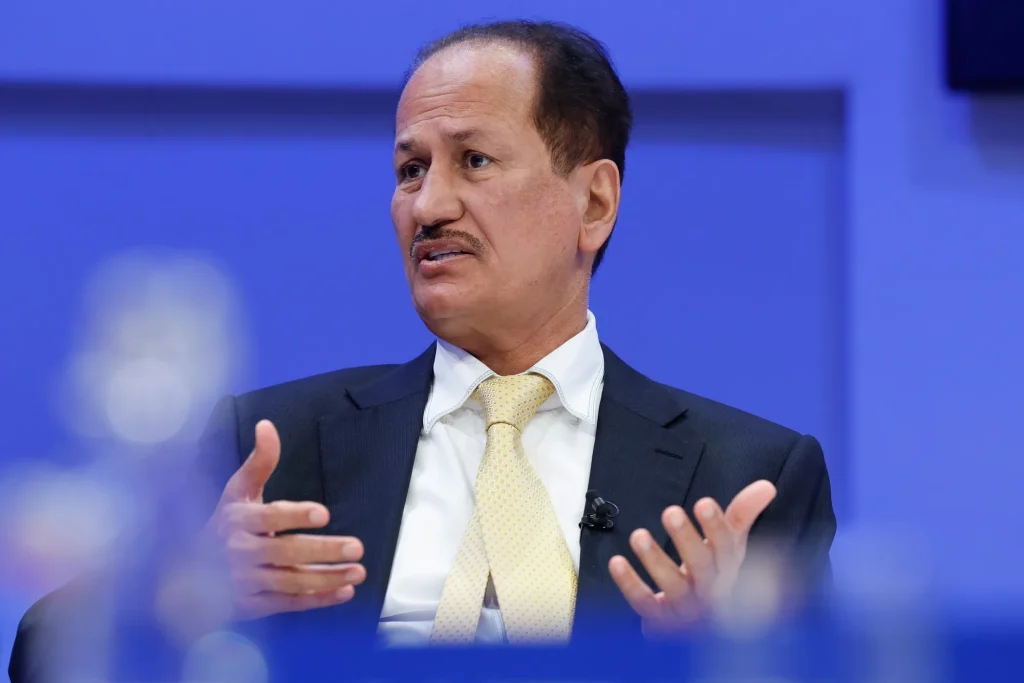
Early Life and Humble Beginnings
Hussain Sajwani was born in 1953 in Dubai, at a time when the city was still a small trading hub along the Arabian Gulf. The wealth of oil had not yet transformed the region, and his family lived modestly. His father owned a small watch shop and imported goods from China. The business gave Sajwani his first exposure to trade, negotiation, and the dynamics of running a small enterprise.
Sajwani has often spoken about how his father instilled in him discipline and a relentless work ethic. He learned that commerce was not just about transactions but about trust, long-term relationships, and reputation. These early lessons would stay with him throughout his career.
He later received a government scholarship to study abroad, which became a turning point. Sajwani traveled to the United States and attended the University of Washington, where he studied economics and industrial engineering. The exposure to Western business practices, corporate structures, and global markets expanded his horizons far beyond the traditional family trade.
When he returned to the UAE in the early 1980s, the country was at the beginning of a transformation. Oil revenues were rising, infrastructure projects were underway, and the leadership had ambitious plans for modernization. Sajwani saw opportunity everywhere.
The Catering Business: First Entrepreneurial Success
Before real estate, Sajwani built his fortune in catering. In 1982, he founded a company that provided meals to the energy sector and construction companies in the region. At a time when the Gulf was experiencing a boom in oil exploration and infrastructure development, the demand for large-scale catering was immense.
Sajwani’s company quickly secured contracts with big clients, including energy firms, government entities, and even the US military during the first Gulf War. At its peak, the business served more than 150,000 meals a day across several markets.
This venture was significant for two reasons. First, it gave Sajwani the capital he would later use to fund DAMAC. Second, it built his reputation as a reliable businessman capable of managing large-scale operations with international standards.
Even after DAMAC’s rise, the catering business continued to operate under the name Global Logistics Services, proving Sajwani’s ability to diversify and manage multiple industries at once.
Founding DAMAC Properties
By the late 1990s, Dubai was opening its doors to foreign investment in real estate. The government had introduced freehold ownership laws that allowed foreigners to buy property in designated areas. This shift created a massive demand from international buyers looking to own a piece of Dubai’s future.
In 2002, Hussain Sajwani seized the opportunity and founded DAMAC Properties. Unlike many local developers, Sajwani had an international outlook. He understood that Dubai’s appeal lay not only in its tax-free economy and central location but also in its potential to attract high-net-worth individuals seeking luxury lifestyles.
DAMAC was positioned as a developer of high-end properties, targeting affluent buyers from Europe, Asia, and the Middle East. Sajwani’s strategy was clear from the start: build aspirational projects, align with global luxury brands, and market Dubai as a premium destination for the elite.
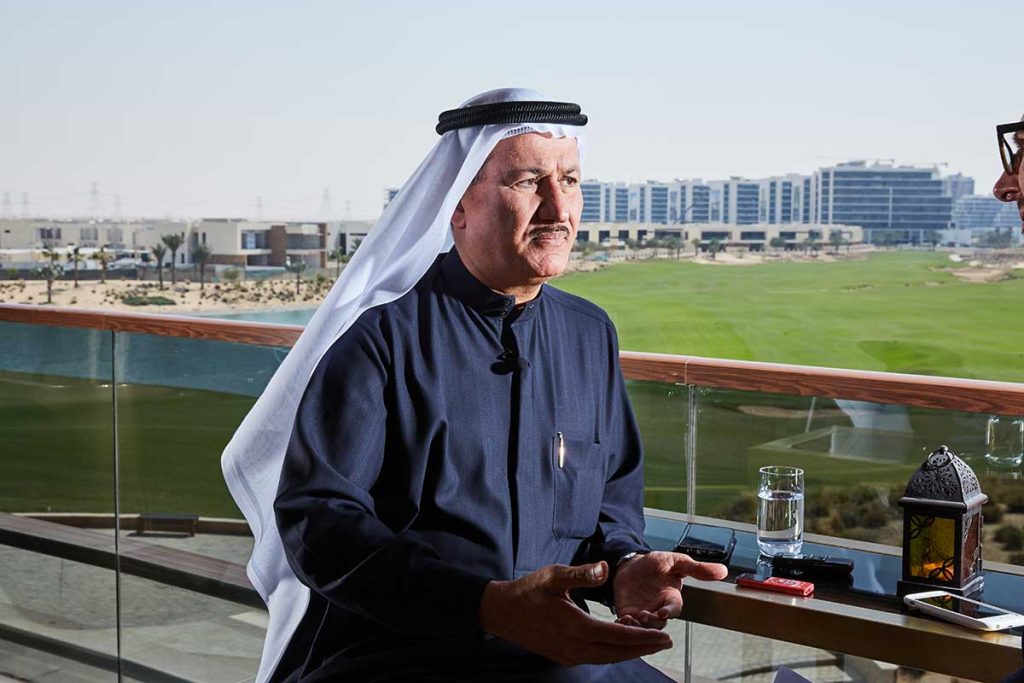
Early Projects and Rapid Growth
DAMAC’s early projects were residential towers in Dubai Marina, a development that quickly became one of the most prestigious neighborhoods in the city. Sajwani marketed these properties aggressively to international investors, often selling out units within weeks of launch.
The company gained momentum during Dubai’s first major real estate boom in the mid-2000s. As investors from Russia, India, and the UK flocked to Dubai, DAMAC positioned itself as the go-to developer for luxury living.
Some of DAMAC’s notable early projects included:
- DAMAC Hills – a large-scale golf community featuring villas, apartments, and retail outlets.
- Akoya Oxygen – an eco-friendly residential development surrounded by greenery and parks.
- Luxury towers in Dubai Marina and Downtown Dubai, catering to international buyers seeking second homes or investment properties.
Sajwani’s aggressive marketing strategies, often involving celebrity endorsements and glamorous launch events, set DAMAC apart from competitors. While other developers focused on selling property as an asset, DAMAC sold a lifestyle.
Luxury Partnerships: The Trump and Versace Era
One of the boldest moves in Sajwani’s career was his decision to align DAMAC with global luxury brands. He understood that in a crowded real estate market, branding could provide differentiation.
In 2013, DAMAC partnered with The Trump Organization to develop luxury golf courses within DAMAC Hills. Donald Trump Jr. and Eric Trump attended the launch events, and the Trump International Golf Club in Dubai became one of the most high-profile collaborations in the region.
In parallel, Sajwani pursued partnerships with fashion houses. DAMAC worked with Versace Home to design interiors for some of its luxury residences, and later partnered with Cavalli and Fendi. These tie-ups were more than just marketing gimmicks. They allowed DAMAC to sell exclusivity, combining property with fashion and lifestyle.
The message was clear: owning a DAMAC property was not just about real estate. It was about status, identity, and access to a global luxury culture.
DAMAC Goes Public
In 2013, DAMAC Properties listed on the London Stock Exchange, becoming one of the few Middle Eastern real estate companies to go public internationally. The IPO raised significant capital and enhanced DAMAC’s credibility among global investors.
Two years later, the company transferred its listing to the Dubai Financial Market, where it became one of the top traded real estate stocks. Going public gave DAMAC the financial muscle to expand both locally and internationally.
Sajwani also gained recognition as a billionaire entrepreneur. In 2017, Forbes listed him among the richest Arabs, with a fortune exceeding $3 billion. He was often described as the “Donald Trump of Dubai,” not only because of his partnership with the Trump family but also due to his larger-than-life personality and branding strategies.
International Expansion
With Dubai firmly established as DAMAC’s home base, Sajwani turned his eyes abroad. The company launched projects in Saudi Arabia, Jordan, Lebanon, and even London.
One of DAMAC’s most high-profile international projects was DAMAC Tower Nine Elms in London, featuring interiors designed by Versace Home. The project was symbolic: a Dubai-based developer entering one of the most competitive real estate markets in the world with a bold luxury proposition.
While not all international ventures achieved the same success as in Dubai, the expansion reinforced DAMAC’s image as a global brand. Sajwani was no longer just a UAE businessman. He was a global real estate player.
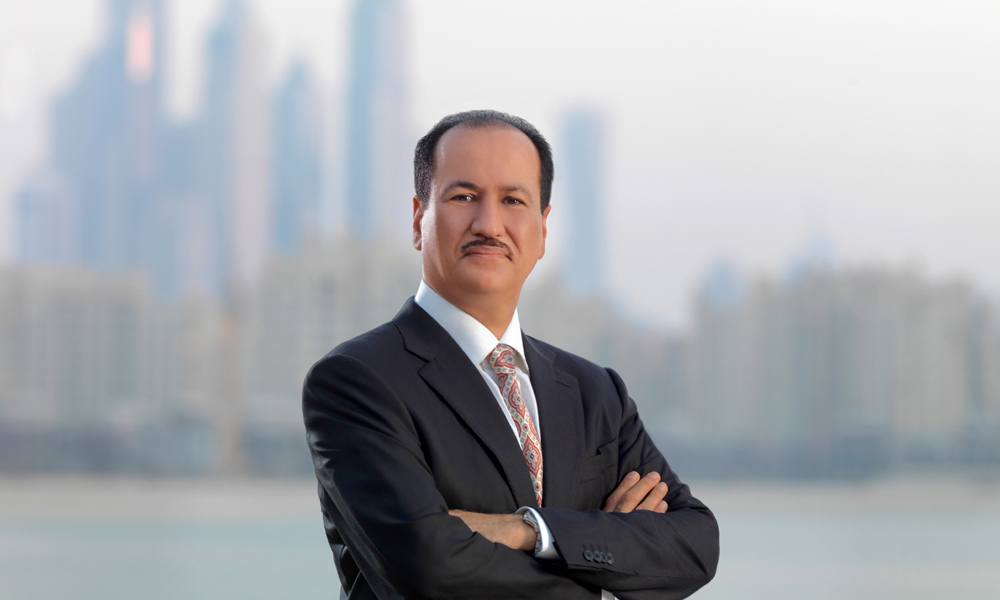
Leadership Style and Vision
Hussain Sajwani’s leadership style is often described as charismatic, bold, and unapologetically ambitious. He is known for his hands-on involvement in marketing campaigns, project launches, and investor relations. Employees describe him as demanding but also inspiring, with a relentless drive to stay ahead of competitors.
Unlike many conservative businessmen in the region, Sajwani embraced risk. He was willing to align with controversial figures like Donald Trump, invest in expensive branding partnerships, and launch massive projects even during uncertain economic times.
At the core of his vision was a belief that real estate could be more than property. It could be a lifestyle brand. This philosophy turned DAMAC into one of the most recognizable names in the Middle East.
Challenges and Controversies
Sajwani’s career was not without setbacks. The 2008 global financial crisis hit Dubai’s property market hard. Prices plummeted, projects were delayed, and investor confidence collapsed. DAMAC, like other developers, had to navigate a period of uncertainty.
Critics accused DAMAC of being overly aggressive in marketing and failing to deliver projects on time during the downturn. Sajwani defended his company by emphasizing its long-term vision and eventual delivery of promised developments.
The partnership with Donald Trump also drew controversy, especially after Trump’s political rise. However, Sajwani maintained close ties with the Trump family and insisted that the collaboration was purely business-driven.
Despite these challenges, DAMAC survived and eventually thrived again as Dubai’s real estate market recovered.
Diversification into Hospitality and Lifestyle
Sajwani understood that property development alone was not enough for long-term growth. DAMAC diversified into hospitality, launching DAMAC Hotels & Resorts, which aimed to manage luxury serviced apartments and hotels across Dubai and beyond.
The company also invested in lifestyle offerings, from retail to leisure facilities, ensuring that DAMAC communities were not just residential but fully integrated destinations.
This diversification aligned with Sajwani’s broader vision of DAMAC as a luxury lifestyle brand, not just a developer.
Resilience and Reinvention
One of the defining traits of Hussain Sajwani is resilience. Whether facing global crises, market downturns, or controversies, he consistently found ways to reinvent his business.
During the COVID-19 pandemic, when tourism and real estate slowed, DAMAC doubled down on digital marketing, online sales, and flexible payment plans to attract buyers. Sajwani’s adaptability kept the company afloat during one of the toughest global disruptions in recent memory.
His ability to navigate challenges proved that DAMAC’s success was not a matter of luck but of leadership and strategic vision.
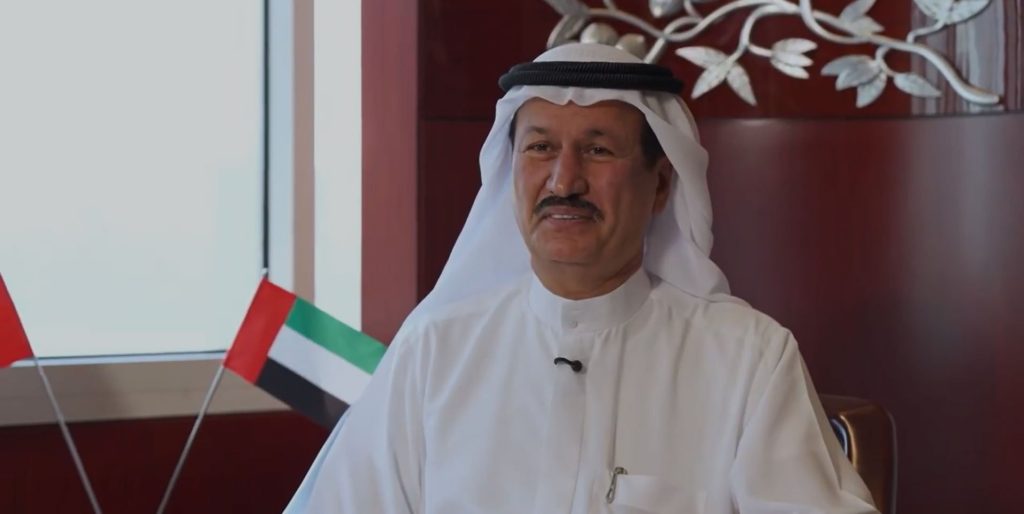
Global Legacy
Today, DAMAC stands as one of the most prominent developers in the Middle East, with projects valued in the billions and a brand recognized globally. Sajwani himself is regarded as one of Dubai’s most influential entrepreneurs, often ranked among the richest Arabs in the world.
His legacy lies not only in the buildings DAMAC created but also in the way he redefined luxury real estate. By blending property with fashion, branding, and lifestyle, Sajwani elevated Dubai’s global appeal to wealthy investors and celebrities.
Just as Alabbar built icons of scale, Sajwani built icons of style. Together, they shaped Dubai into the world’s most recognizable luxury real estate market.
Conclusion
The story of Hussain Sajwani is the story of ambition meeting opportunity. From humble beginnings in a small trading family, he built a global empire that combined real estate, fashion, hospitality, and branding.
Through DAMAC Properties, Sajwani transformed Dubai into a hub for luxury living, attracting international investors and redefining what it means to own property in the city. His partnerships with global brands, bold leadership style, and resilience through crises made him one of the most influential figures in Middle Eastern business.
As Dubai continues to expand its global reputation, Hussain Sajwani’s legacy will remain firmly embedded in the city’s landscape. From Trump-branded golf courses to Versace-designed towers, his projects symbolize more than wealth. They symbolize vision, branding, and the belief that Dubai can compete with the world’s greatest luxury capitals.


